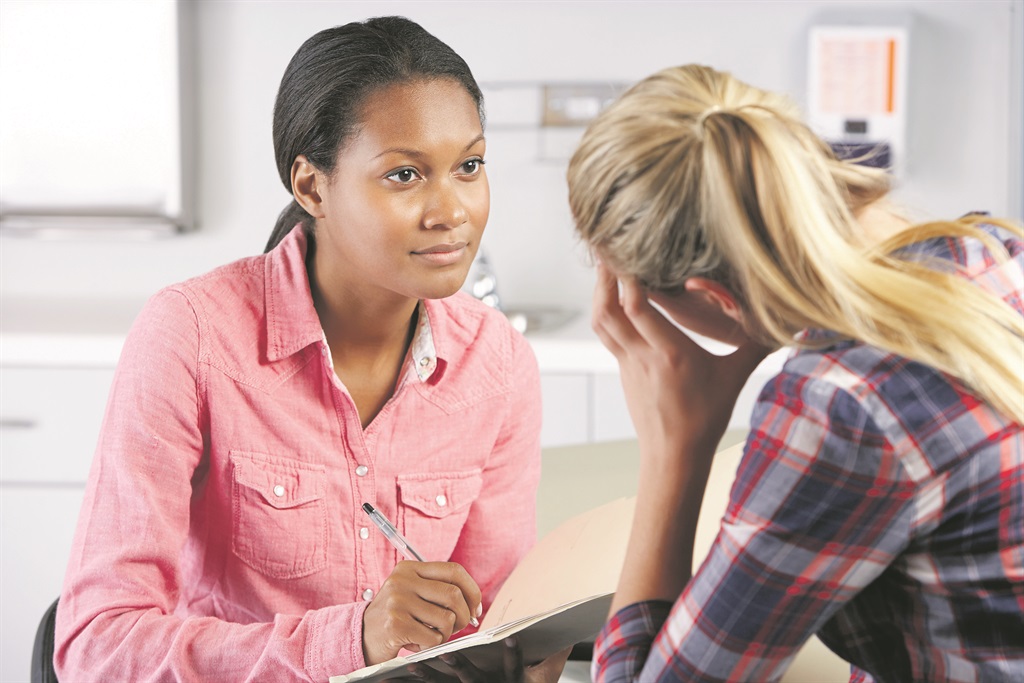
If you are a psychology student in Professor Mzikazi Nduna’s class – head of the school at the department of human and community development at Wits – you may want to take a second to think before you answer a question: What are the definitions of sex and gender?
“Our students would refer to sex as the biological characteristics of being male and female – and they would fail. They would fail, because they forgot to mention that there is intersex,” Nduna said.
But it wasn’t students Nduna was addressing, it was her fellow psychologists gathered at this week’s launch of the Psychological Society of SA’s (PsySSA’s) Practice Guidelines for Psychology Professionals Working with Sexually and Gender-Diverse People.
The guidelines are a first for the country and reflect the social, cultural and racial contexts in which people who are sexually and gender diverse live.
“The description of gender also seems to be an easy question for our students because they would refer to gender as social constructs of being a man and a woman, and shem [sic], they would fail, at least in my course – because they didn’t write about gender non-conformic identities,” Nduna said.
So why do students fail in this regard?
“They fail because professors of gender themselves often don’t know that sex and gender are very difficult concepts to deal with. And so, it is in the training of psychologists and other professionals in these matters [where the problem begins].”
The 84-page document distils 12 guidelines for psychologists to use and reference in dealing with clients more sensitively and effectively.
They cover non-discrimination, intersecting discriminations, non-conforming family structures and relations, as well as how professionals should disclose and rectify their own personal biases – among others.
The guidelines aim to “increase psychological knowledge of human diversity in sexual identities, gender expressions and sex characteristics”.
The document says practitioners are meant to facilitate “the application of this knowledge in support of the wellbeing and human rights of all sexually and gender-diverse people”.
Nduna said: “Gender affects every dimension of our lives, of our clients’ lives and of the practitioner’s life. Gender as a concept and as a lived experience remains misunderstood … therapists themselves haven’t started to deal with their own representations of sex, sexism, gender and gender expressions. And yet we expect this of our clients.”
Although Nduna said they do not want to exceptionalise their clients on the basis of their sexuality or gender identity, they also do not want to do a disservice to them by assuming their experiences by not talking about sexual orientation and gender identity.
Peace Kiguwa, chair of the PsySSA’s sexuality and gender division, said that as psychologists they need to ask themselves two fundamental questions.
“The first: ‘How do we practise mental wellbeing in a way that does not feel discriminating and stigmatising to people who are transgender or gender variant?’
“The second: ‘How do we equip future and current mental health practitioners with enough tools to help us work with this sector of the population?’
“We have to think seriously about our profession and be brave enough that if we find ourselves or our profession wanting, we can do something about it.”
Kiguwa said the guidelines offered an opportunity for psychologists to rethink how they practised in ways that minimised harm and promoted inclusivity.
The document can be accessed from psyssa.com.




 Publications
Publications
 Partners
Partners








